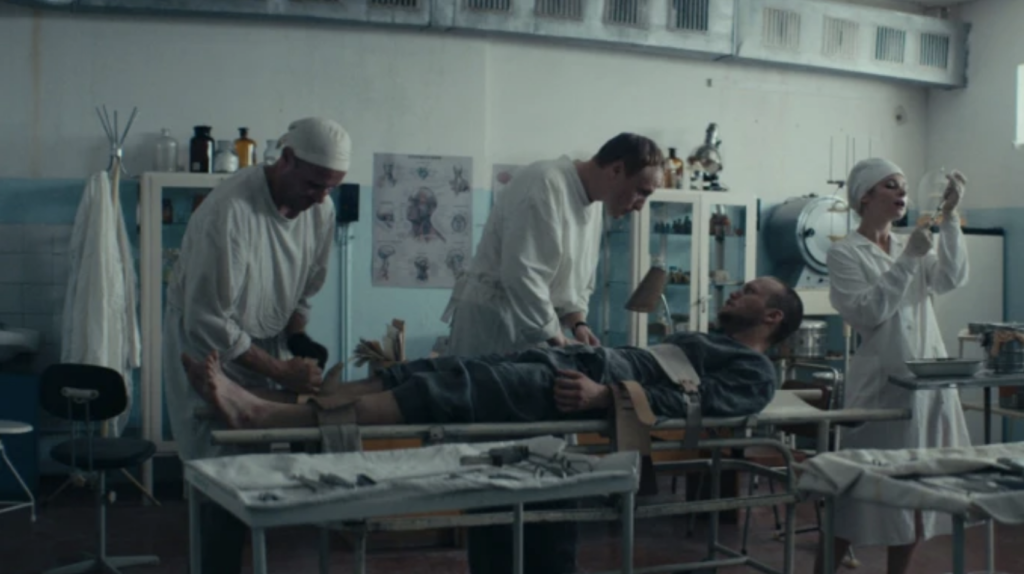
The Czech film festival is providing a platform for war-struck Ukrainian filmmakers to present their projects to the world.
In a typical year, fans of Eastern European cinema, after enjoying the Karlovy Vary Film Festival in early July, would hop on a two-hour flight to Odesa, Ukraine for the Odesa International Film Festival, the No. 1 annual event for Ukrainian cinema.
2022, of course, is a far from typical. Russia’s invasion of Ukraine on Feb. 24 has made the OIFF untenable this year, but festivals across the region are showing cross-border solidarity with Ukraine filmmakers and the country’s stricken local industry. The PriFest in Kosovo (July 26-31) has agreed to cooperate with the OIFF on a series of special screenings of full-length and short films by Ukrainian debutant directors, and Poland’s Warsaw Film Festival will take over the screening of OIFF’s entire competition program at its event, which runs Oct. 14-23.
In Karlovy Vary, meanwhile, the festival is devoting a section of its industry program to screening OIFF works-in-progress, Ukrainian feature films that are looking for financing or sales assistance to get over the line.
Eight full-length feature projects, all in the final stage of shooting or in postproduction, and all produced in Ukraine or in co-production with Ukraine, will pitch to potential partners at the KVIFF’s OIFF Works in Progress program on July 5. The main goal of the OIFF WIP section is to promote Ukrainian cinema to international distributors and production partners.
“We were thinking of how we could help filmmakers and the film industry in Ukraine and this feels like the right way for us,” says Karlovy Vary’s executive director, Krystof Mucha. “We didn’t want to just make a gesture but find a way to really support Ukrainian filmmakers in a concrete way.
The 2022 selection seems to have something for everyone:

Company of Steel, from Yuliia Hontaruk, looking for gap production financing, as well as a world sales agent and international festival premieres, is a ripped-from-the-headlines drama about three veterans from the 2014 war in eastern Ukraine who are re-traumatized following the Russian invasion of 2022.
Denys Tarasov’s directorial debut Diagnosis: Dissent, which is looking to close a $67,000 (€64,000) budget gap to complete post-production, is a psycho-political drama set in 1977 focused on the singer in a rock band who is accused of anti-Soviet propaganda and institutionalized, only to discover the KGB is using the mental hospital as a front to force psychiatric treatment on political undesirables.
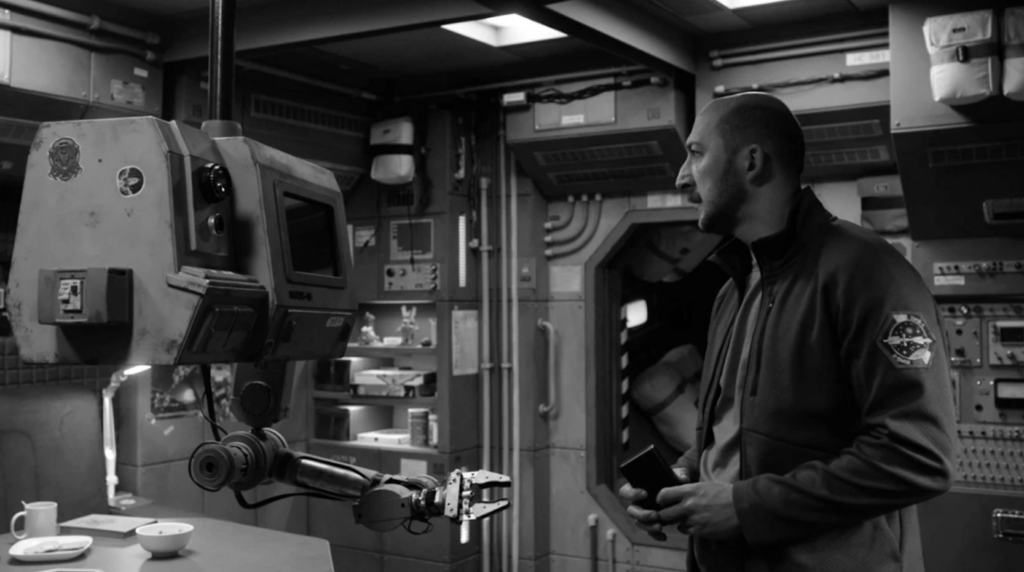
Pavlo Ostrikov, whose 2018 short Vypusk ’97 was nominated for a European Film Award, presents his sophomore feature U Are the Universe, a sci-fi comedy about a space trucker transporting radioactive waste on the far side of Jupiter who is witness to the Earth exploding, leaving him the last man in the universe. But not the last person: a French woman living on a science station near Saturn, provides hope for human contact.
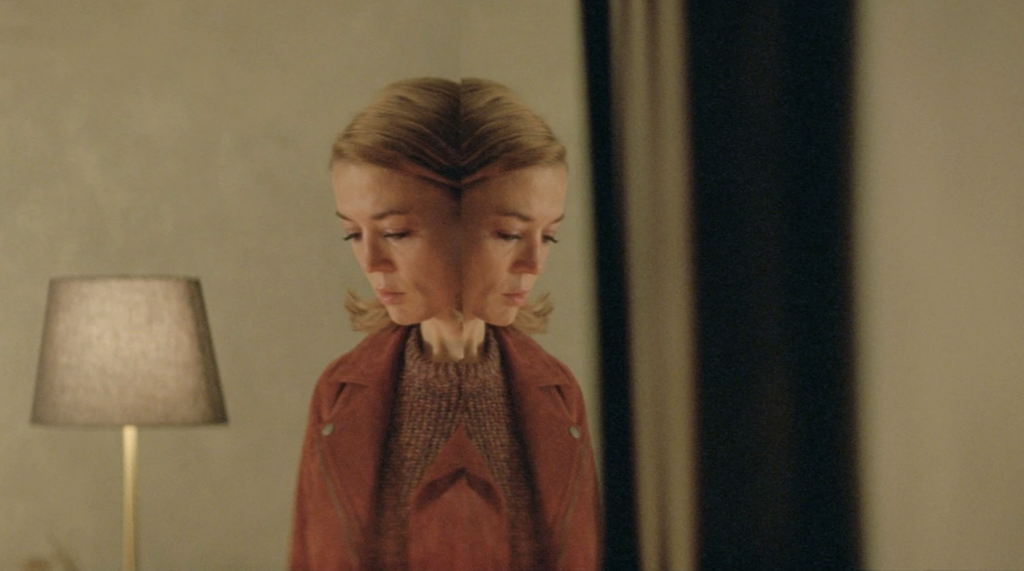
The Glass House, the third feature from Blindfold director Taras Dron, which is seeking pre-sales and an international sales agent, is a Ukrainian-Romanian drama about a mother who, after her young daughter disappears with her older boyfriend, begins to suspect her daughter may be involved in drug trafficking.
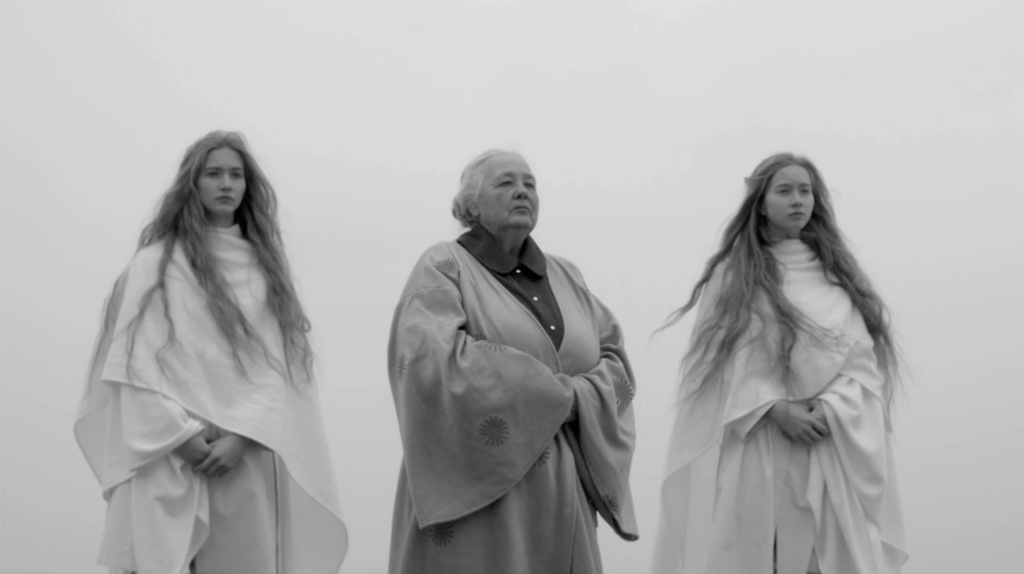
Simon Mozgovyi’s Chrysanthemum Day, a co-production with North Macedonia, is a high-concept drama about a traditional healer who mysteriously survives a nuclear explosion but completely loses her memory. A young doctor tries to help, but the recovered memories become unbearable and bring the woman closer to death. The project is looking for funding for editing, sound mix, color grading, music and VFX, as well as for an international sales agent.
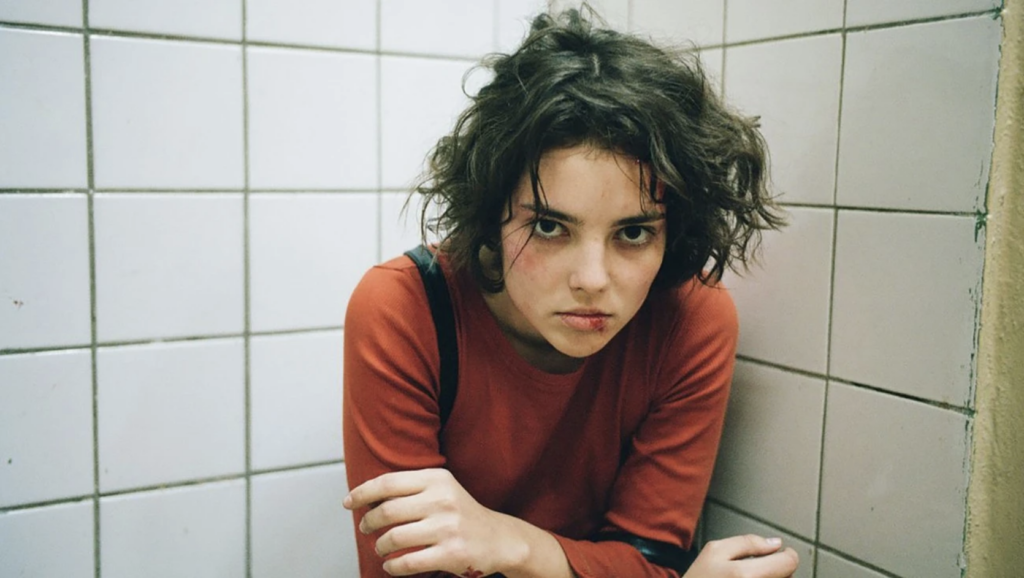
Anna Buryachkova’s directorial debut When We Were 15, which is eyeing additional post-production funding, an international sales agent and festival berths, is a personal drama about a young girl struggling with her sexuality and past abuse as she tries to find her place in the adult world.

Demons, from director Natalka Vorozhbyt, whose Bad Roads was Ukraine’s official Oscar entry this year, takes inspiration from the writings of Russian master of the grotesque Nikolai Gogol in its tale of a homeless man from Russia who befriends a Ukrainian woman in order to survive the winter, only to get more than he bargained for. The project is looking for additional financing to finish shooting, as well as post-production support.

And director Tonia Noyabrova (Hero of My Time) is looking for post-production financing to finish the color correction and sound mix on Do You Love Me?, a coming-of-age tale of a 16-year-old girl in 1990s Soviet Ukraine, whose personal development mirrors that of her soon-to-be-independent country.
